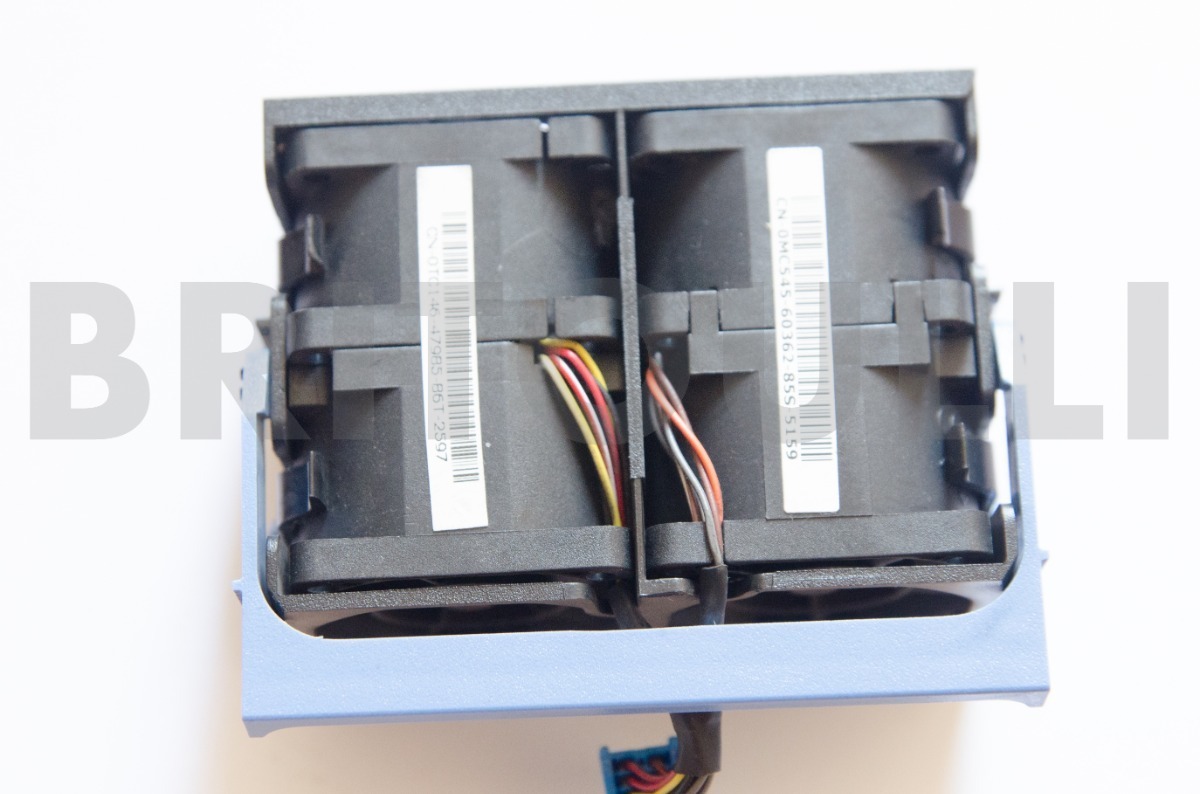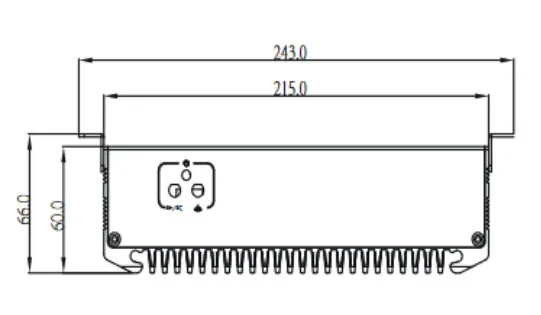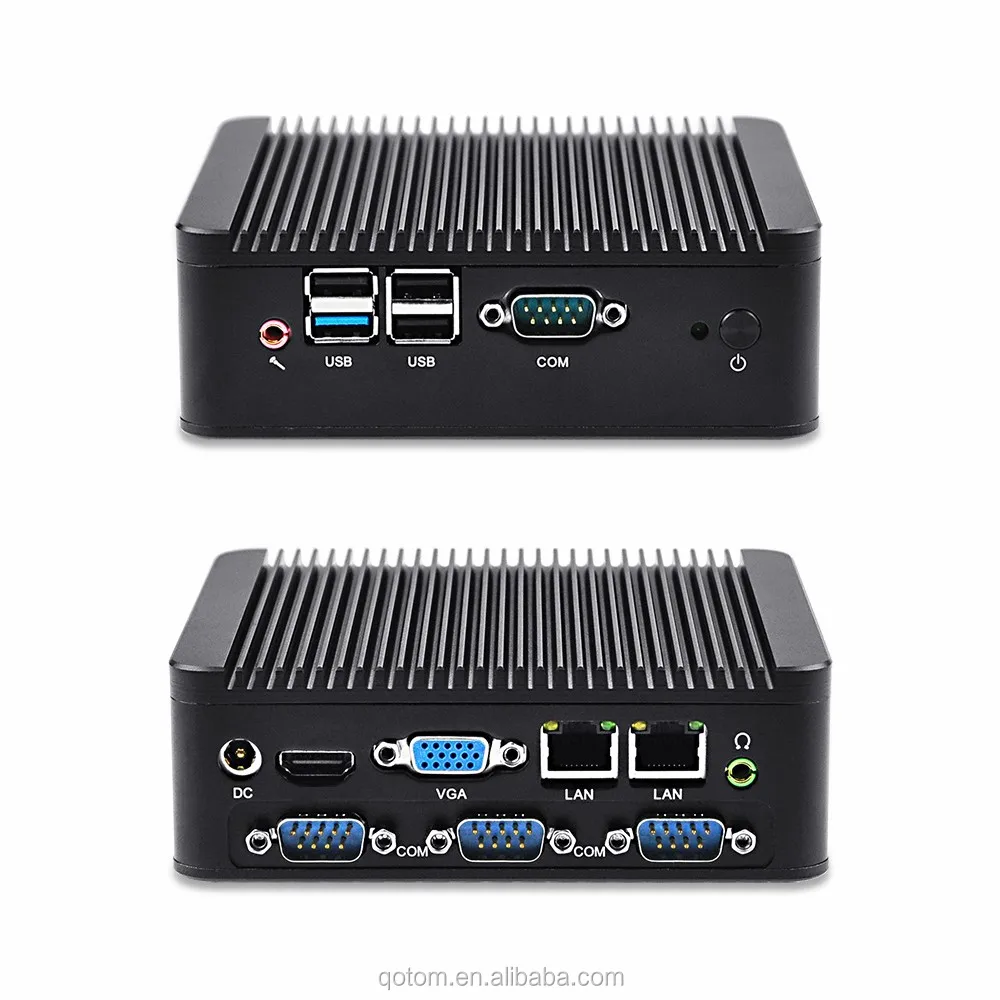
there should be a line that says: START=yes Making sure that the START key is set to yes, i.e. Make the daemon load automatically at start-up by editting the file: sudo nano /etc/default/thinkfan Make sure that the daemon controls the fan by editting the nf file: sudo nano /etc/modprobe.d/nfīy adding the following line: options thinkpad_acpi fan_control=1
#Fancontrol poweredge 1950 ubuntu install
Install the thinkfan software and the sensors: sudo apt-get install thinkfan lm-sensors (which is basically a translated version of this German guide: The thinkfan software is available in the standard ubuntu software repositories, but it does require a few steps to configure. As the name obviously suggests, it is specifically made for ThinkPads ( thinkpad_acpi). If you own a ThinkPad, there's a piece of software called thinkfan that does exactly this. This man page gives some useful info on the settings and what they really do. (Controls hwmon0/device/fan2_input) INTERVAL=2Īnd on a different system it is: INTERVAL=10ĭEVPATH=hwmon1=devices/platform/coretemp.0 hwmon2=devices/platform/nct6775.2608 In my case /etc/fancontrol for CPU I used: This will also make the fancontrol service run automatically at system startup. (In my case I set interval to 2 seconds.)


After script loops through all fans, you can configure which fan corresponds to which temperature. This script will stop each fan for 5 seconds to find out which fans can be controlled by which PWM handle. Note: If you're running Ubuntu 12.04 or lower, this 3rd step command should be replaced by sudo service module-init-tools restart Run sudo service kmod start This will read the changes you made to /etc/modules in step 2, and insert the new modules into the kernel. Type "yes" to have sensors-detect insert those modules into /etc/modules, or edit /etc/modules yourself. If you feel unsure, read the comments and try to search a web and get some high-level overview before YES-ing everything, maybe being selective with your YES-es will still be enough)Īt the end of sensors-detect, a list of modules that need to be loaded will be displayed. Saving all your work for eventual crashes/freezes/restarts before handling system configuration is always good idea. There is no guarantee that this process will not damage your system permanently, I just think that chance of such critical failure is really really low. (Potentially, this can damage your system or cause system crash.

In terminal type sudo sensors-detect and answer YES to all YES/no questions. Install the lm-sensors and fancontrol packages.
#Fancontrol poweredge 1950 ubuntu how to
If it does, but the software (aka kernel) doesn't know how to control it, you are without luck.

If your hardware doesn't support fan speed controls, or doesn't show them to the OS, it is very likely that you could not use this solution. This functionality depends on both your hardware and software.


 0 kommentar(er)
0 kommentar(er)
